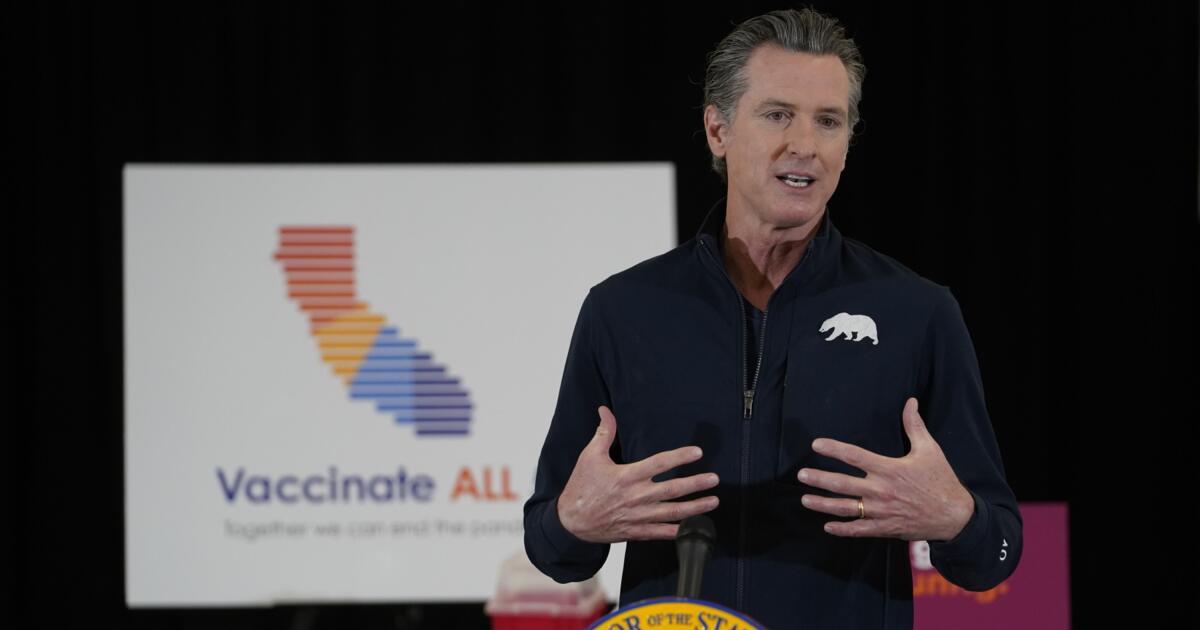California Governor Issues Executive Order to Limit Access to Ultra-Processed Foods
Background
California Governor Gavin Newsom has issued an executive order aimed at limiting access to ultra-processed foods, a move he claims is a continuation of the state’s “nation-leading” nutrition and health standards. The order directs state agencies to develop recommendations to reduce the health harms associated with ultra-processed foods and calls for proposals to reduce the purchase of unhealthy foods made with synthetic dyes or additives by recipients of government food benefits.
Definition of Ultra-Processed Foods
Processed foods are foods that have been altered from their natural form, such as frozen vegetables. Ultra-processed foods, on the other hand, are foods that have been significantly altered from their natural state, such as packaged chips or soft drinks. Research shows that ultra-processed foods make up the vast majority of the U.S. food supply.
California’s Efforts to Improve Nutrition
California has been a leader in improving nutrition standards. In 2023, Newsom signed a bill that made California the first state in the nation to prohibit four additives found in popular cereal, soda, candy, and drinks. The California Food Safety Act was colloquially referred to as the “Skittles ban” before its passage because an earlier version of the bill also targeted titanium dioxide, which is used to color Skittles and several other popular candies.
Impact on Public Health
The governor’s order cites the link between ultra-processed foods and cancer, obesity, diabetes, and other health problems. The order says that the U.S. allows more than 10,000 chemicals in food, color additives, or ingredients, compared to 300 that are allowed in the European Union.
Next Steps
Newsom is requiring the California Department of Public Health to provide recommendations by April 1 to limit the harms associated with ultra-processed foods and food ingredients that pose a health risk. He is also tasking the California Department of Social Services to issue recommendations to reduce the purchase by California food-stamp users of soda, candy, other ultra-processed foods, or foods made with synthetic food dye or additives on the same timeline.
Context: The Incoming Trump Administration
The move comes weeks before President-elect Donald Trump is sworn into office for his second term, with iconoclastic former environmental lawyer Robert F. Kennedy Jr. as his nominee for secretary of Health and Human Services. Kennedy has been a vocal critic of ultra-processed foods and promised to radically overhaul the country’s food system. Food dyes, pasteurized milk, and seed oils are among the common items he has criticized, sometimes making health claims that are not backed up by science.
Preemptive Flag
Newsom’s executive order is seen as a preemptive flag around the issue, signaling his refusal to concede the terrain to the incoming Trump administration. The Democratic governor of California is planting a flag around the issue and signaling his commitment to protecting public health.
Conclusion
The California governor’s executive order is a significant step towards limiting access to ultra-processed foods, a move that could have a positive impact on public health. The order’s emphasis on reducing the purchase of unhealthy foods made with synthetic dyes or additives by recipients of government food benefits is particularly noteworthy.
FAQs
Q: What is the definition of ultra-processed foods?
A: Ultra-processed foods are foods that have been significantly altered from their natural state, such as packaged chips or soft drinks.
Q: What is the impact of ultra-processed foods on public health?
A: The governor’s order cites the link between ultra-processed foods and cancer, obesity, diabetes, and other health problems.
Q: What is the next step for the California Department of Public Health?
A: The California Department of Public Health is required to provide recommendations by April 1 to limit the harms associated with ultra-processed foods and food ingredients that pose a health risk.
Q: What is the significance of this move in the context of the incoming Trump administration?
A: The move is seen as a preemptive flag around the issue, signaling California’s refusal to concede the terrain to the incoming Trump administration.


